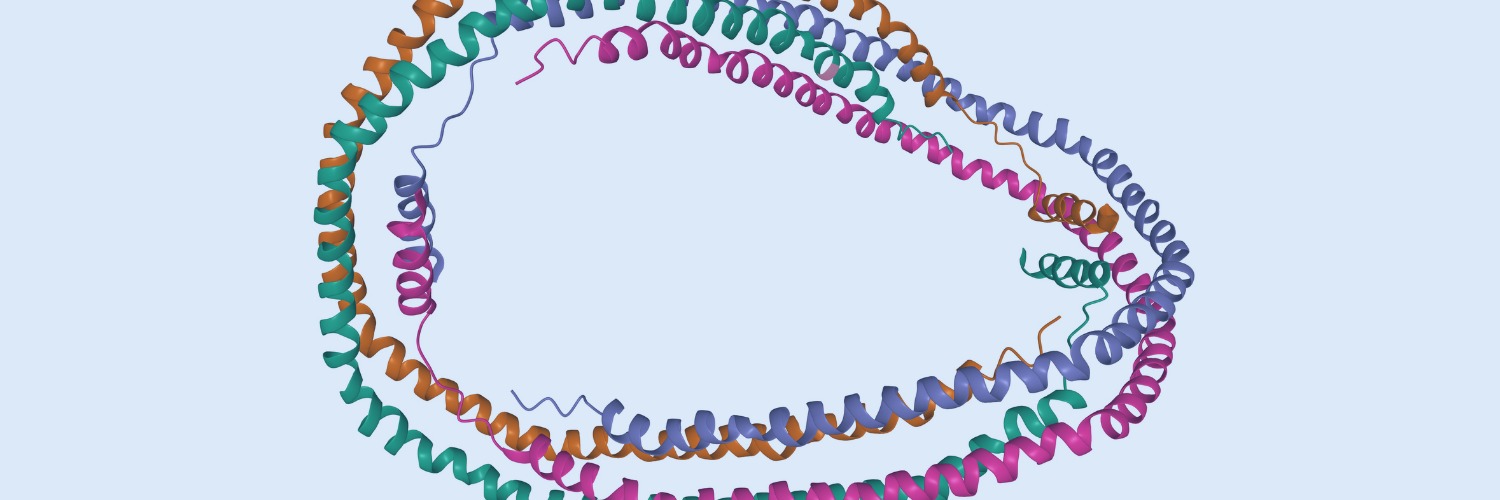Tourette syndrome is a complex neuropsychiatric condition that manifests in childhood and is often associated with other psychiatric comorbidities. This case report describes a young male with Tourette syndrome with major depressive disorder and attention deficit hyperactivity disorder (ADHD) who experienced troublesome side effects due to his existing medications (escitalopram, risperidone, and methylphenidate). In order to control his tics, ameliorate depressive symptoms, and eliminate side effects of stiffness and sedation, risperidone was switched to cariprazine, a third-generation antipsychotic medication with D3-D2 partial agonism. In addition, the antidepressant dose was also increased. With the new combination, the patient reported good control of his tics, together with significant improvement in depressive symptoms and no side effects. Based on this case and the reviewed literature, cariprazine might be a viable option for patients with Tourette syndrome with other comorbid illnesses who are prone to side effects of medication.















